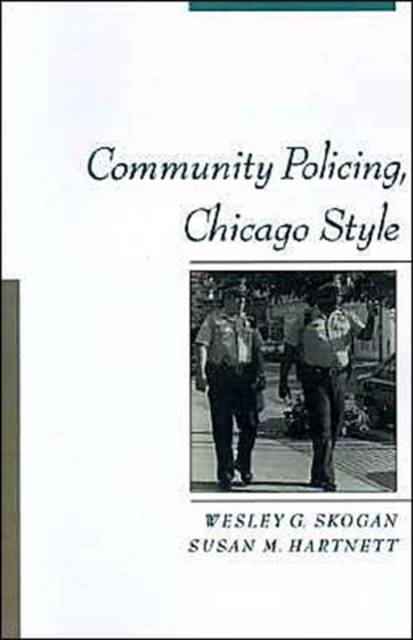
- Afhalen na 1 uur in een winkel met voorraad
- Gratis thuislevering in België vanaf € 30
- Ruim aanbod met 7 miljoen producten
- Afhalen na 1 uur in een winkel met voorraad
- Gratis thuislevering in België vanaf € 30
- Ruim aanbod met 7 miljoen producten
Zoeken
€ 330,95
+ 661 punten
Uitvoering
Omschrijving
Police departments across the country are busily "reinventing" themselves, adopting a new style known as "community policing". This approach to policing involves organizational decentralization, new channels of communication with the public, a commitment to responding to what the community thinks their priorities ought to be, and the adoption of a broad problem-solving approach to neighborhood issues. Police departments that succeed in adopting this new stance have an entirely different relationship to the public that they serve. Chicago made the transition, embarking on what is now the nation's largest and most impressive community policing program. This book, the first to examine such a project, looks in depth at all aspects of the program--why it was adopted, how it was adopted, and how well it has worked.
Specificaties
Betrokkenen
- Auteur(s):
- Uitgeverij:
Inhoud
- Aantal bladzijden:
- 272
- Taal:
- Engels
- Reeks:
Eigenschappen
- Productcode (EAN):
- 9780195105605
- Verschijningsdatum:
- 7/08/1997
- Uitvoering:
- Hardcover
- Formaat:
- Genaaid
- Afmetingen:
- 162 mm x 241 mm
- Gewicht:
- 576 g

Alleen bij Standaard Boekhandel
+ 661 punten op je klantenkaart van Standaard Boekhandel
Beoordelingen
We publiceren alleen reviews die voldoen aan de voorwaarden voor reviews. Bekijk onze voorwaarden voor reviews.











